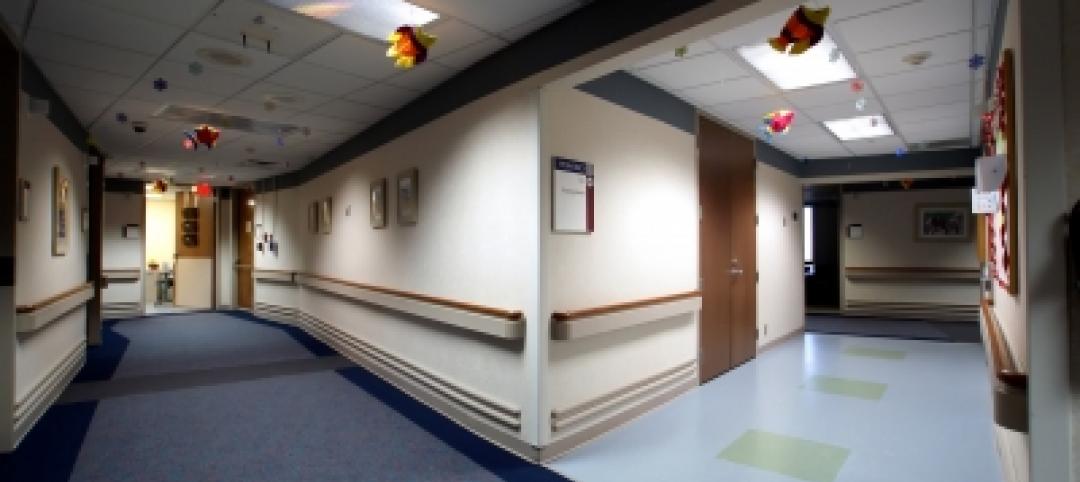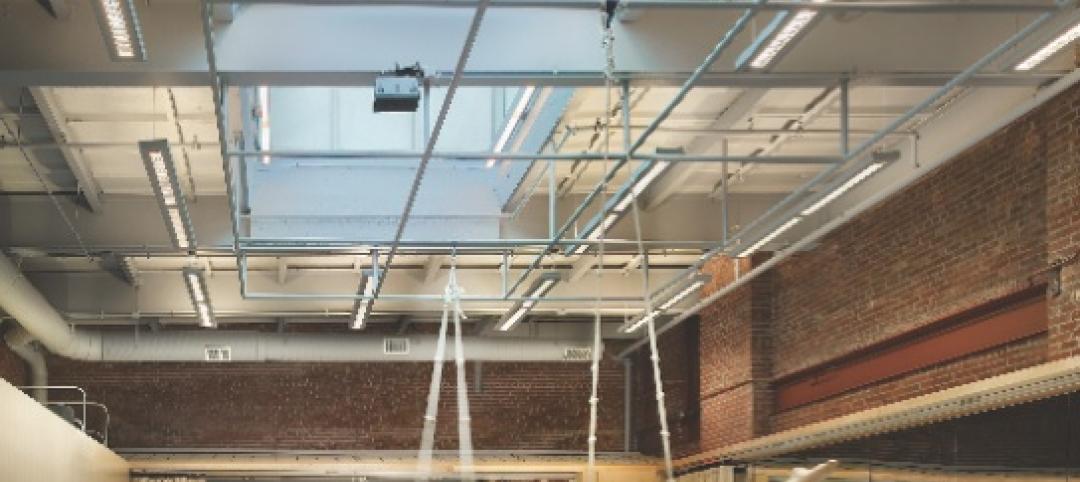Amid a persistent skilled labor shortage that continues to challenge the building sector, constrain housing supply and exacerbate affordability, Katerra, a technology company redefining the construction industry, today announced it has launched a new apprenticeship program that offers the necessary training and skills for the future of construction. Registered with and approved by the U.S. Department of Labor, Bureau of Apprenticeship and Training, credentials earned through the Katerra Apprenticeship Program are portable and recognized in all U.S. states and three territories.
The Katerra Apprenticeship Program offers a combination of technical classroom instruction and hands-on training for a variety of trade occupations including carpentry, plumbing, electrical and HVAC. Apprenticeships for other occupations are anticipated in the future. The educational curriculum associated with each of Katerra’s programs is accredited through the National Center for Construction Education and Research (NCCER). While individual programs vary depending on the complexity of the occupation, all Katerra apprenticeship programs require approximately 144 hours of technical instruction per year and 2,000 hours of on-the-job training.
“Katerra is leading the construction industry in the application of new technologies and methodologies to deliver better quality buildings faster and more efficiently,” said Samantha Rist, head of self-perform at Katerra. “We developed our apprenticeship program to train the next generation of construction workers to use cutting-edge tools and the latest technology. Now, Katerra apprentices can gain portable credentials for use throughout their careers, at Katerra and beyond.”
As part of the program, Katerra offers a series of week-long boot camps at its state-of-the-art factories for related technical instruction training modules. The boot camps – delivered in both English and Spanish – are designed to ensure each participant receives individualized support. English-as-Second Language (ESL) classes are also offered.
“The lack of skilled laborers is one of the biggest challenges the building sector faces,” said NAHB Chairman Greg Ugalde, a home builder and developer from Torrington, Conn. “Apprenticeship programs like Katerra’s that offer portable credentials and teach new technologies are important as the industry seeks to broaden recruitment and increase interest in construction as a career.”
To ensure equal opportunity for training and development in the construction industry, Katerra partners with local organizations in the areas where it operates to recruit for its apprenticeship programs, including from local high schools, workforce development programs, the military, and general industry. Interested candidates can apply for employment at Katerra’s website.
Related Stories
| Dec 3, 2013
Creating a healthcare capital project plan: The truth behind the numbers
When setting up a capital project plan, it's one thing to have the data, but quite another to have the knowledge of the process.
| Dec 3, 2013
Architects urge government to reform design-build contracting process
Current federal contracting laws are discouraging talented architects from competing for federal contracts, depriving government and, by inference, taxpayers of the best design expertise available, according to AIA testimony presented today on Capitol Hill.
| Dec 3, 2013
Construction spending hits four-year peak after rare spike in public outlays
An unusual surge in public construction in October pushed total construction spending to its highest level since May 2009 despite a dip in both private residential and nonresidential activity.
| Nov 27, 2013
BIG's 'oil and vinegar' design wins competition for the Museum of the Human Body [slideshow]
The winning submission by Bjarke Ingels Group (BIG) and A+ Architecture mixes urban pavement and parkland in a flowing, organic plan, like oil and vinegar, explains Bjarke Ingels.
| Nov 27, 2013
Retail renaissance: What's next?
The retail construction category, long in the doldrums, is roaring back to life. Send us your comments and projects as we prepare coverage for this exciting sector.
| Nov 27, 2013
Pediatric hospitals improve care with flexible, age-sensitive design
Pediatric hospitals face many of the same concerns as their adult counterparts. Inpatient bed demand is declining, outpatient visits are soaring, and there is a higher level of focus on prevention and reduced readmissions.
| Nov 27, 2013
Exclusive survey: Revenues increased at nearly half of AEC firms in 2013
Forty-six percent of the respondents to an exclusive BD+C survey of AEC professionals reported that revenues had increased this year compared to 2012, with another 24.2% saying cash flow had stayed the same.
| Nov 27, 2013
Wonder walls: 13 choices for the building envelope
BD+C editors present a roundup of the latest technologies and applications in exterior wall systems, from a tapered metal wall installation in Oklahoma to a textured precast concrete solution in North Carolina.
| Nov 27, 2013
University reconstruction projects: The 5 keys to success
This AIA CES Discovery course discusses the environmental, economic, and market pressures affecting facility planning for universities and colleges, and outlines current approaches to renovations for critical academic spaces.
| Nov 26, 2013
7 ways to make your firm more successful
Like all professional services businesses, AEC firms are challenged to effectively manage people. And even though people can be rather unpredictable, a firm’s success doesn’t have to be. Here are seven ways to make your firm more successful in the face of market variability and uncertainty.

















